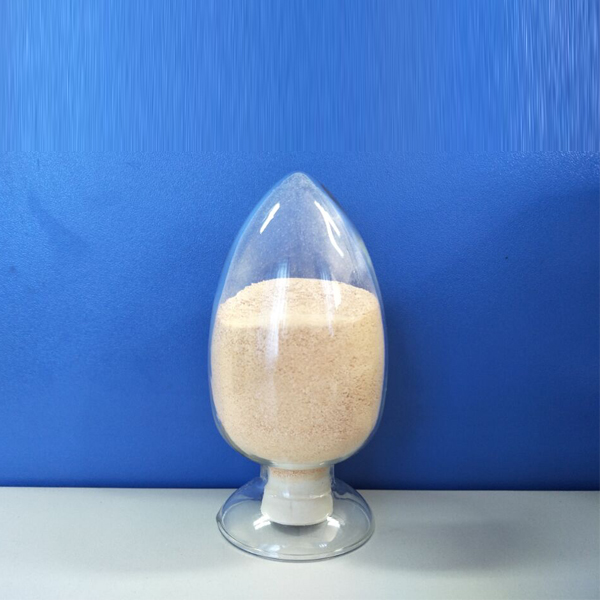
News
Aug . 31, 2024 16:27 Back to list
compound amino acid fertilizer
Understanding Compound Amino Acid Fertilizers Benefits and Applications
In recent years, the agricultural sector has witnessed an increasing interest in the use of sustainable and efficient fertilizers. Among the many products available, compound amino acid fertilizers have gained significant attention due to their unique properties and benefits. These fertilizers are derived from organic sources, making them an attractive option for environmentally-conscious farmers and gardeners.
Compound amino acid fertilizers are composed of various amino acids, which are the building blocks of proteins. These amino acids are essential for plant growth and development, playing crucial roles in enzyme synthesis, hormone production, and metabolic processes. By applying these fertilizers, plants can better absorb nutrients, leading to enhanced growth and improved yields.
One of the primary advantages of compound amino acid fertilizers is their ability to enhance nutrient uptake. Traditional fertilizers often rely on chemical components that may not be easily assimilated by plants. In contrast, amino acids can facilitate the absorption of macro and micronutrients, allowing plants to utilize them more effectively. This can lead to healthier plants that are more resilient to environmental stressors such as drought, disease, and pests.
Moreover, compound amino acid fertilizers can promote root development. A robust root system is essential for plants to access water and nutrients from the soil. The presence of amino acids in these fertilizers aids in root elongation and branching, resulting in a stronger hold in the soil and increased nutrient absorption capacity. This is particularly beneficial during the early growth stages when plants are more vulnerable.
compound amino acid fertilizer

Another important aspect of compound amino acid fertilizers is their role in improving soil health. Organic matter is crucial for maintaining soil structure, moisture retention, and microbial activity. When amino acid fertilizers are applied, they can contribute to the soil organic matter content, thereby enhancing its overall quality. Healthy soil not only supports plant growth but also fosters a balanced ecosystem that encourages beneficial organisms.
Furthermore, the application of compound amino acid fertilizers is versatile. They can be used across a variety of crops, including fruits, vegetables, grains, and ornamental plants. Different formulations are available to meet the specific nutritional needs of various plants, ensuring tailored solutions for targeted growth.
Farmers and gardeners can also benefit from the fact that these fertilizers are less likely to cause nutrient runoff or leaching, which is a common problem with synthetic fertilizers. This reduces the risk of water pollution and contributes to sustainable agricultural practices.
In conclusion, compound amino acid fertilizers offer a multitude of benefits for both crops and soil health. By enhancing nutrient uptake, promoting root development, and improving soil quality, these fertilizers can lead to more robust, productive, and sustainable agricultural practices. As the need for environmentally friendly farming solutions continues to grow, compound amino acid fertilizers are poised to play an increasingly important role in modern agriculture. As we move towards a more sustainable future, embracing such innovative solutions is crucial for the health of our planet and the success of our crops.
-
Polyaspartic Acid Salts in Agricultural Fertilizers: A Sustainable Solution
NewsJul.21,2025
-
OEM Chelating Agent Preservative Supplier & Manufacturer High-Quality Customized Solutions
NewsJul.08,2025
-
OEM Potassium Chelating Agent Manufacturer - Custom Potassium Oxalate & Citrate Solutions
NewsJul.08,2025
-
OEM Pentasodium DTPA Chelating Agent Supplier & Manufacturer High Purity & Cost-Effective Solutions
NewsJul.08,2025
-
High-Efficiency Chelated Trace Elements Fertilizer Bulk Supplier & Manufacturer Quotes
NewsJul.07,2025
-
High Quality K Formation for a Chelating Agent – Reliable Manufacturer & Supplier
NewsJul.07,2025
